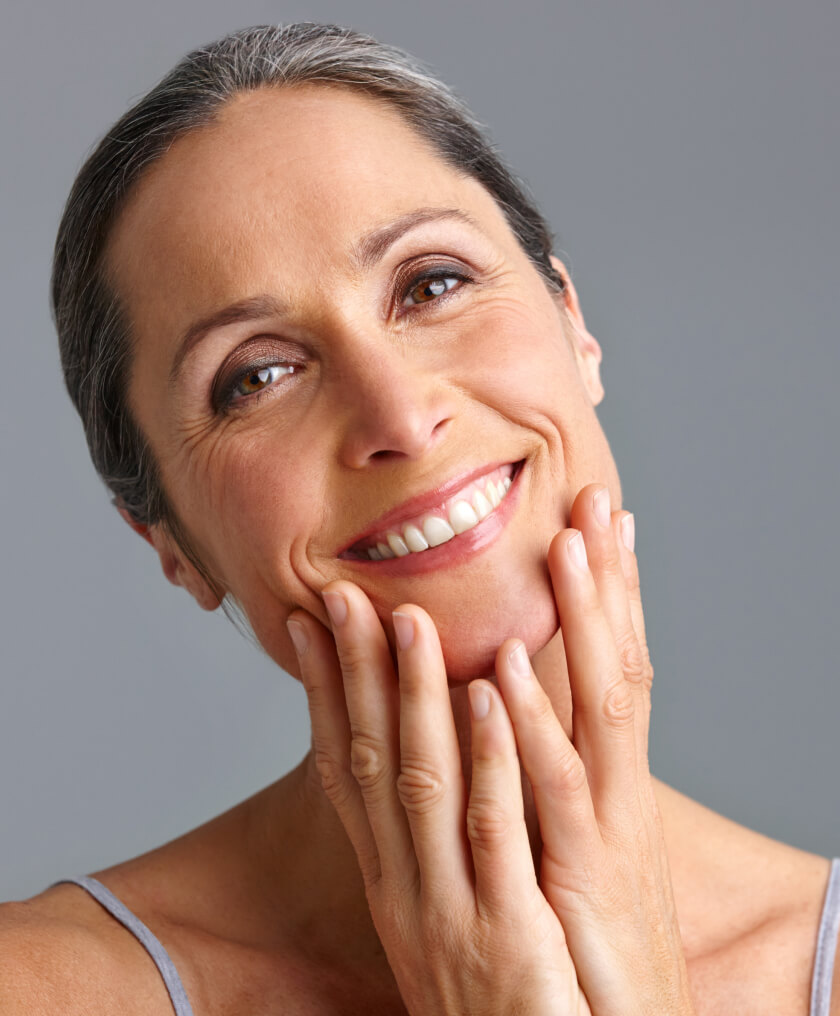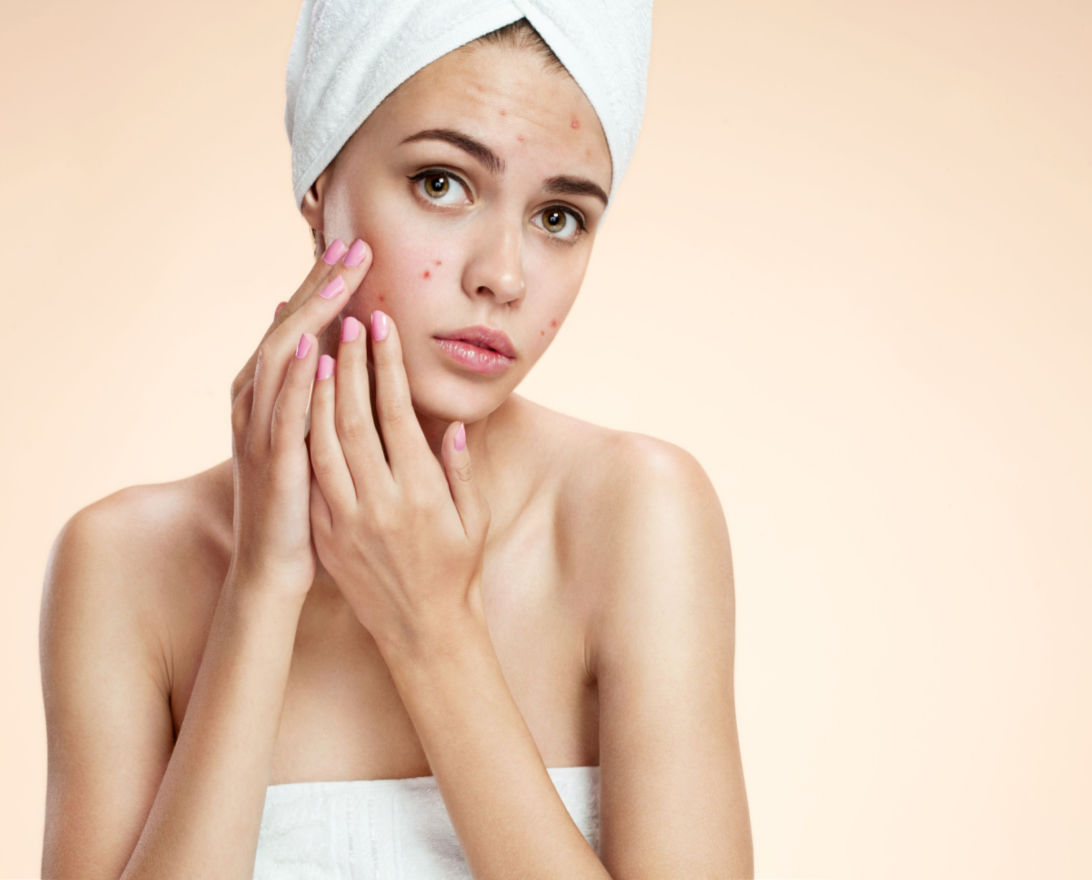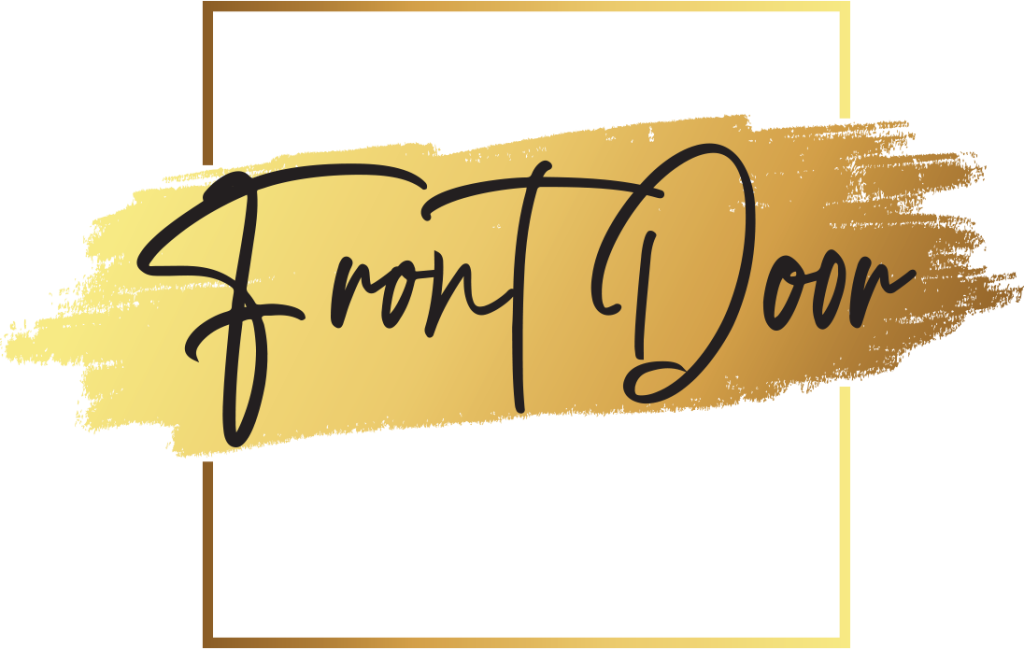Botox Isn’t Just for Cosmetic Purposes
Originally known for its cosmetic applications for facial wrinkles and fine lines, Botox (botulinum toxin) can now be a valuable tool in addressing various medical issues. At Front Door MedSpa®, we want patients to know the medical applications of Botox by exploring how it’s used to alleviate and manage several conditions effectively.
If you’re wondering how Botox can help you, cosmetically or medically, contact our Rochester medspa today at 248-413-5835 to get started.

Medical Benefits of Botox
Botox has expanded its horizons to offer a range of medical benefits. This treatment is no longer confined to aesthetics alone; it has proven its efficacy in addressing various medical conditions.
If you’re curious how being treated with Botox may help improve a medical condition you have, contact our Front Door MedSpa® in Rochester today to set up a consultation.
Migraine Relief
Chronic migraines can be excruciating and impact daily life. Botox injections have gained recognition for their ability to alleviate the frequency and intensity of migraines. By targeting specific trigger points, Botox helps relax muscles and reduce the occurrence of these debilitating headaches.
Muscle Spasms and Dystonia
Muscle spasms and dystonia can disrupt normal muscle function and lead to discomfort. Botox injections intervene by disrupting nerve-muscle communication, providing relief from involuntary muscle contractions and spasms.
Hyperhidrosis Treatment
Excessive underarm sweating, medically known as hyperhidrosis, can be socially distressing. Botox injections effectively manage this condition by blocking signals that stimulate sweat glands, resulting in decreased perspiration. Say goodbye to severe underarm sweating by contacting our Front Door MedSpa® today for a Botox therapy consultation.
Chronic Pain
Chronic pain conditions like fibromyalgia and lower back pain can be challenging to manage. A Botox injection can provide an alternative approach by targeting pain receptors and offering relief beyond traditional pain management methods.
Overactive Bladder
Botox can be used to treat overactive bladder, a condition characterized by frequent urination and urgency. The injections relax the bladder muscles, increasing bladder capacity and reducing urinary urgency. Urologists can inject Botox into the bladder using a cystoscope, a special instrument inserted through the urethra. Botox injections can help the bladder contract more regularly and normalize urination.
Crooked Eyes (Strabismus)
Certain forms of strabismus involve imbalanced muscles surrounding the eye, causing one eye to be pulled in an abnormal direction. This results in crossed or misaligned eyes, leading to difficulties in focusing, blurred vision, double vision, a lack of depth perception, and eye discomfort. Botox injections administered into the overactive eye muscle can help relax the muscles responsible for pulling the eye sideways, and in some instances, they may completely realign the eyes. It’s important to note that Botox injections are typically reserved for cases of paralytic strabismus and aren’t commonly used for routine strabismus in children.
Upper Limb Spasticity
Upper limb spasticity is a state where the muscles of the arm contract involuntarily. Individuals affected by upper limb spasticity may encounter persistent clenched fists, rigid elbows, wrists, and fingers, a lack of control over arm movements, and discomfort. Various nervous system conditions, such as multiple sclerosis, cerebral palsy, stroke, and injuries to the spinal cord or brain, can lead to upper limb spasticity. Injecting Botox into the affected arm muscles can alleviate the symptoms associated with upper limb spasticity.
Jaw Tension and TMJ Disorders
Temporomandibular joint (TMJ) disorders can lead to jaw tension and pain, as well as chronic migraine and neck pain. Botox injections relax jaw muscles, offering relief from discomfort associated with TMJ disorders.
Other Uses of Botox
While research and clinical trials are still in the works, there are a few other conditions Botox may be able to help treat:
- Depression: Studies suggest that Botox injections may improve symptoms of depression, possibly by affecting mood-regulating pathways in the brain.
- Painful conditions: Botox may provide pain relief for various conditions, including chronic pain syndromes and musculoskeletal disorders.
- Neurological disorders: Botox is being investigated for its potential role in treating neurological disorders like Parkinson’s disease and Alzheimer’s disease.

Medical Botox Candidacy
Curious whether Botox could be the right solution for your medical condition? Determining your medical Botox eligibility involves consulting a qualified healthcare provider. Factors to consider when evaluating your Botox candidacy will include:
- Medical History: Your Location Botox provider will review your medical history to ensure the treatment is right for you and won’t interact with the medications you’re taking.
- Condition Severity: The severity of your medical condition will influence whether Botox is an appropriate treatment option. Your provider will assess whether the benefits outweigh the potential risks.
- Treatment Goals: Clearly define your treatment goals and expectations. Botox’s effects are temporary, so understanding the desired outcome is crucial.
- Health Status: Your overall health will be evaluated to ensure Botox treatment is safe. Some conditions may hold you back from receiving Botox injections.
- Allergies and Sensitivities: Individuals allergic to any component of Botox or those with a history of an allergic reaction to botulinum toxin should avoid it.
Possible Side Effects
Like any medical procedure, there’s always a slight risk of possible side effects. You may experience any of the following after receiving Botox injections for medical conditions:
- Discomfort at the injection site
- Minor bleeding
- Bruising
- Headache
- Flu-like symptoms
In very rare instances, the injections may lead to mild or partial facial paralysis, drooping eyelids, asymmetrical eyebrows or smile, drooling, dryness, or excessive tearing in the eyes. While uncommon, there’s also a potential for the toxin to disseminate throughout the body, resulting in challenges with vision, urination, speech, swallowing, or breathing.
Frequently Asked Questions
Botox is a versatile treatment that can address cosmetic concerns and medical conditions at the same time. While it’s well-known for its cosmetic applications in reducing wrinkles and fine lines, Botox has also demonstrated its efficacy in treating various medical conditions. Botox targets specific muscles and nerve receptors, making it effective for several health issues.
Yes, Botox has been approved by regulatory authorities for the treatment of chronic migraines. For individuals who experience frequent and intense migraine episodes, Botox injections have shown effectiveness in reducing the frequency and intensity of these episodes.
In general, the effects of Botox injections typically last between three to six months. Consult with a healthcare professional to understand the expected duration based on your condition and treatment plan.
Discover How Botox Can Improve Your Health
Botox’s ability to target specific muscles and nerve receptors with precision underscores its potential to transform lives. The expansion of Botox’s applications into various medical domains can help patients in Rochester and beyond find relief.
Learn more by scheduling a consultation at Front Door MedSpa® today.

